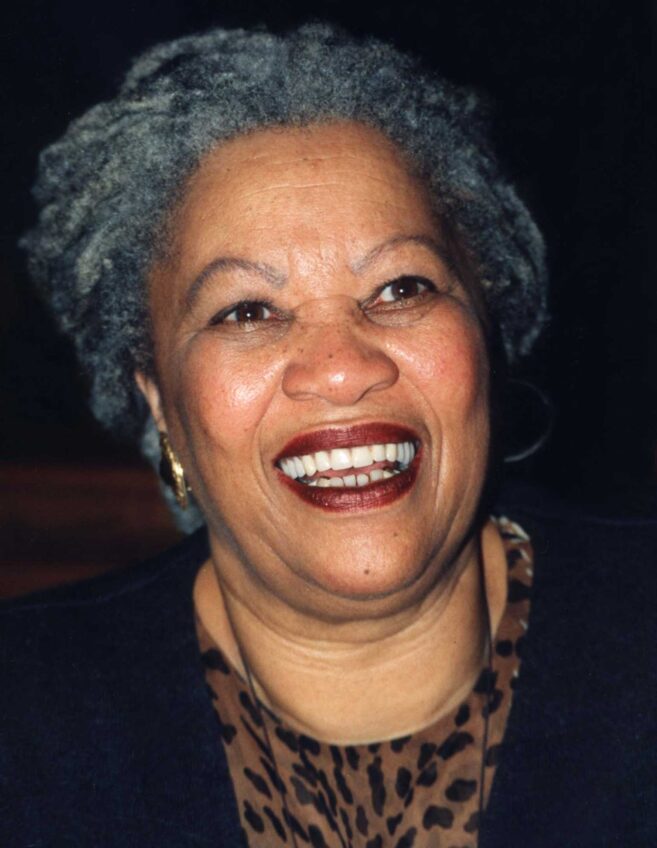Among many proposed initiatives to address the wealth gap, the idea of reparations generates significant interest and debate. The goal of reparations shouldn’t be just to compensate for slavery but also to mitigate ongoing discrimination. Here are the major reasons Black businesses, specifically, deserve reparations.
Legalized segregation
Post-Civil War Black codes denied Black Americans the ability to rent or buy land in many states, so they couldn’t become self-sufficient or start their own businesses. Black workers had to sign contracts for the lowest pay possible, while anti-enticement laws prohibited other prospective employers from offering higher wages.
More recently, the GI Bill systematically excluded Black veterans, denying them access to government-subsidized education and training programs and government-backed loans for farms, homes and businesses. This widened racial disparities in college attendance, employment, homeownership and wealth.
Redlining and banking discrimination
The federal government actively discriminated against Black Americans through the Home Owners’ Loan Corporation and the Federal Housing Administration, practicing racism through redlining.
Despite the outlawing of such practices, the damage persists. The dearth of banks in Black communities harms families and businesses alike. A good banking relationship and access to capital are critical to business owners and entrepreneurs; not being able to form such relationships places extra burdens on Black-owned businesses.
Financial institutions continue to discriminate against Black-owned businesses in bonding, insurance and lending, disproportionately limiting access to capital and growth opportunities.
Preventing slaves from patenting inventions
For many years, the patent system didn’t protect the work of Black inventors, because they weren’t considered American citizens. Since enslaved people couldn’t legally hold property, including patents, Black Americans couldn’t start businesses based on their inventions. Instead, their enslavers largely reaped the rewards.
Black Wall Street destruction
After the Civil War, Black Americans established thriving business districts across the country, known as Black Wall Streets. Although we recently marked the 100th anniversary of the destruction of Tulsa’s Black Wall Street, few people know that white mobs destroyed at least seven other Black Wall Streets in the United States, from the 1898 Wilmington Massacre in North Carolina to the 1923 Rosewood Massacre in Florida. These attacks resulted in incalculable losses to Black Americans who had pulled themselves up by their bootstraps only to see their hard-earned wealth destroyed.
Disparities in municipal contracting
To promote racial equity, many municipalities took steps to increase procurement from Black-owned businesses. The success of these programs led to a backlash of lawsuits alleging that such preferences were unconstitutional. In 1989, the U.S. Supreme Court ruled that minority set-asides and goals were unlawfully discriminatory unless disparity studies justified their need.
Boston’s latest commissioned report shows the city spent $2.1 billion on contracts over five years, but only 0.4% went to Black-owned businesses.
Similarly, Massachusetts state agencies spent $4.8 billion in 2020, yet Black-owned businesses received only $11 million in state contracts. The failure of federal, state and local governments to enforce their own laws justifies class action lawsuits on behalf of Black-owned businesses. Alternatively, the state and municipalities could pay restitution voluntarily through reparations.
Inequitable federal pandemic aid
Pre-pandemic, Black-owned businesses were already more vulnerable than their white counterparts, with about 58% at risk of financial distress compared with about 27% of white-owned businesses. Then, between February and April 2020, Black business ownership fell more than 40%. Many Black-owned businesses couldn’t get loans until the third round of the Paycheck Protection Program, and white applicants had a 60% success rate in obtaining PPP loans compared to only 29% for Black business owners.
Reparations are due
When Black-owned businesses can’t participate in government contracts, profit from their inventions, finance their businesses or escape destructive mobs, fewer dollars circulate in Black communities.
Black Americans perpetually toil, invent, build and innovate, even under the harshest circumstances. Imagine what we could do with the appropriate resources and opportunities.
Ed Gaskin is executive director of Greater Grove Hall Main Streets.







